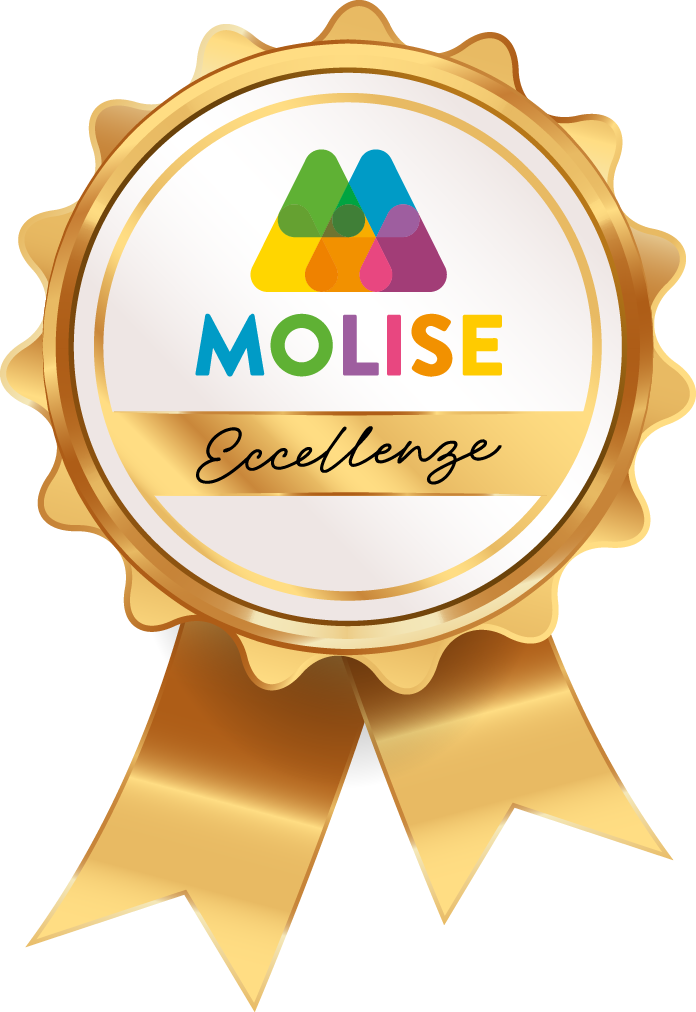What Is Social Drinking and How to Know When to Seek Help

Addiction Resource does not offer medical diagnosis, treatment, or advice. Only trained and licensed medical professionals can provide such services. If you or anyone you know is undergoing a severe health crisis, call a doctor or 911 immediately. The practice has become endemic to the point that social drinking problems are often overlooked. Many signs can help you identify whether or not what is social drinking you have a drinking problem.
Find the Right Addiction Treatment for You
- Many people have relearned moderate social drinking through these approaches.
- If you or someone you know is struggling with alcoholism, seeking professional help is essential.
- Alcohol of any amount can cause a relapse, and you can potentially lose all your hard work during recovery.
- By following the rules you’ve set, it’s possible to go your entire life without experiencing problems with alcohol.
- It’s characterized by an inability to cut back on alcohol without the help of an addiction treatment professional.
- Our writers and reviewers are experienced professionals in medicine, addiction treatment, and healthcare.
Social drinking begins to inch toward concern when it paves the way to heavy drinking or when we feel the pressing need to consume alcohol to navigate social situations smoothly. If we or someone we know begins to exhibit these signs, it might be an alarm indicating the need to reevaluate our relationship with alcohol. Although most social drinkers don’t become alcoholics, there are risks involved. Social drinking and alcoholism are different patterns of alcohol consumption.

The Shift From Social Drinking to Alcoholism
Social drinking and alcoholism are two vastly different concepts, though they may appear connected on the surface. Social drinking involves the consumption of alcohol in a social setting, often characterized by moderation and control. It’s typically a way to enhance social interactions, such as enjoying a glass of wine with dinner or a beer with friends at a game. Unlike social drinking, where alcohol is an accompaniment to an event, alcoholism makes drinking the main event, leading to destructive patterns that can severely impact an individual’s personal and professional life. Although alcohol consumption can lead to adverse health issues, drinking at social events is normalized in our culture.
Addiction Destroys Dreams, We Can Help
However, it is important to recognize them as they can reflect an escalation in your Sober living home drinking pattern. This, in turn, is crucial for early intervention and appropriate support. However, we’re not the first nation to use alcohol as a social lubricant.

Recipes for Mediterranean Dishes and Beer Cocktails: Pairing Guide and Flavor Profiles
- For online alcohol screening tools or alcoholism resources, please visit Understanding the High-Functioning Alcoholic.
- Similarly, Greek symposiums were orchestrated gatherings where the host controlled the flow and mixture of wine, using alcohol as a medium for social discourse and connection.
- In this relaxed and friendly atmosphere, social drinking creates a sense of camaraderie that nurtures deeper connections and fosters a genuine sense of belonging.
- The rise of the ‘sober curious’ movement, as reported by Harvard Public Health, reflects a cultural shift towards mindful drinking and the exploration of non-alcoholic beverages.
- Alcohol-based sugar-sweetened beverages, are closely linked to episodic drinking in adolescents.12 Sugar-infused alcoholic beverages include alcopops, and liqueurs.
- Regular heavy drinking can lead to physical and mental health problems, addiction, relationship difficulties, and legal issues.
You don’t need to suffer from a severe alcohol addiction to benefit from alcohol abuse treatment. Even if you only display a few of the symptoms of problem drinking, you’re probably still experiencing negative effects. You can put yourself in addiction treatment for problem drinking, or you can see a professional for recommendations. Moderate social drinkers don’t use alcohol to self-medicate mental health conditions, nor do they experience physical cravings for alcohol. However, problem social drinkers can experience these issues, especially if they consume alcohol excessively. ’ Well, the definition of social drinking can be tough to outline sometimes as it may occur in different forms.

At San Antonio Recovery Center, the goal of alcohol addiction treatment is to guide individuals toward living a healthy and sober life. Treatment programs incorporate evidence-based practices to help individuals learn new skills to cope with triggers for alcohol use and build a strong support system of family, friends, and peers. With the right treatment approach, many individuals are able to successfully recover from alcohol addiction. While many times people can control their alcohol consumption at social events, you may find it difficult to stop drinking once you start. Social drinking can mean having a drink or two at an event, but you remain otherwise in control of your thoughts, feelings, and actions.
- Addiction recovery experts say that alcohol abuse can also contribute to mental health problems such as anxiety and depression.
- Your health insurance company will only pay for services that it determines to be “reasonable and necessary.” The treatment center will make every effort to have all services preauthorized by your health insurance company.
- There is no set amount of alcohol that determines a social drinker, but the CDC characterizes alcohol use as moderate drinking if a female consumes one drink per day, or a male consumes two drinks per day.
Cultural Perspectives on Social Drinking
If you are a recovering addict you may be wondering, “can an alcoholic have an occasional drink? ” Even though social drinking is considered a low-risk activity, any moderate drinking is extremely dangerous for alcoholics. Alcohol of any amount can cause a relapse, and you can potentially lose all your hard work during recovery. For most people who relapse, it can take years to find recovery again, and many never make it back. You may start as a social drinker and slowly become a problem drinker as you begin to consume more alcohol. Instead of drinking as a social activity, problem drinkers spend a lot of time drinking alone.
What is Social Drinking?

Denial, stigma, and social acceptance of drinking can further complicate self-assessment. Professional evaluation is often necessary to reach an accurate diagnosis. Additionally, support groups like Alcoholics Anonymous (AA) and SMART Recovery offer peer-based support and structured programs for recovery. Working with your treatment provider, you can develop a personalized recovery plan, including strategies for managing cravings, identifying triggers, and setting goals for a sober, healthier life. There is no harm in at least checking out an abstinence-based program such as Alcoholics Anonymous, SMART Recovery®, or Women for Sobriety meetings.





